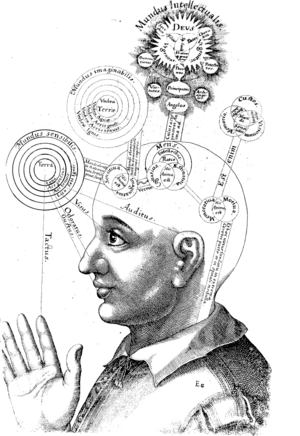Course guide
| Critical reasoning (#CR200) | |
|---|---|
| CR200 Course guide | Introduction & Aims | Development team | Video signpost | Course composition | Resources | Assessment overview | Course schedule |
| Assignments | Assignment 1 | Assignment 2 | Assignment 3 |
The course has been designed to give students the opportunity to explore the basic tools of critical reasoning and to empower them to think for themselves.The ability to think critically is of great value in helping to deal competently with ethical, social and political problems in the work situation and everyday life. In most humanities courses at universities lecturers expect students to understand cultural diversity, to critically evaluate information and knowledge claims and to make responsible decisions. However, students are rarely given the opportunity to acquire these abilities in a systematic way.
The aim of this course is to give students the opportunity to acquire critical thinking tools to critically analyse and evaluate knowledge claims. Students will acquire the skills to develop a critical attitude to cultural stereotypes and biases.
These tools are crucial to making informed decisions so that, when students are faced with difficult situations in their professional or even private lives, they will be able to make appropriate reasoning choices.
What can students expect to gain from this course?
A “hands-on” approach is used in the course. Students are expected to actively participate in the learning process by answering questions, participating in activities and even by contributing to the curriculum. In this way, they will develop the competencies needed by an initiate into the community of critical thinkers. Such competencies will help them not only to understand what critical reasoning is about, but also to apply their knowledge and skills to make and to justify choices in difficult situations they may encounter in their work environment, their home life and in interaction with their community. The skills and knowledge students obtain in the course, Critical Reasoning, can also assist them with their studies of other disciplines, such as Psychology, History, English, Political Science, Communication Science, Health Care, Development Studies, Sociology and Public Administration.
What should a critical thinker be able to do?
|
This course is designed to enable course graduates to
|
